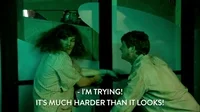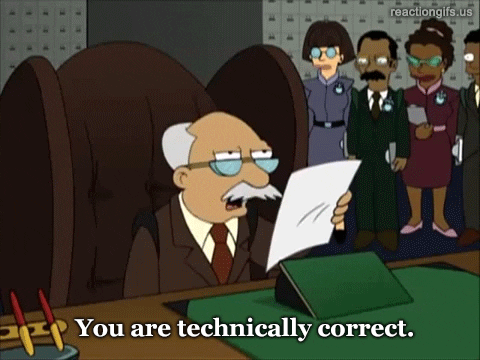Hello. I wanted to know about pros and cons of CS program in UTSC. I’m deciding b/w CS program in UTSC and Engineering I in McMaster. I want to know about professors, and some other pros and cons. Also I want to know if someone who’s getting 94-97 in math gr12 courses can get into actual CS program after 1st year. I haven’t taken any cs course. I used to compare myself with other students with high grades so I put in a lot of effort to become first or achieve higher and higher grades.
——————————————
hey there,
as someone who’s not really super familiar with compsci or utsc, i’m not sure that i’m a good person to be advising you on this. i’ve never met any of the compsci profs at utsc, and have heard next to nothing about the compsci program there. i hate recommending reddit as a resource because it can often be super unreliable, but for something like this, it’s probably your best bet. it’s likely that there, you’ll be able to find someone in the UTSC compsci program who will be able to shed a little light on what it’s like for you. apart from pointing you in that direction, i feel kind of (read: absolutely) useless when it comes to your question.

as well, i can’t really tell you what your grade 12 math marks mean in terms of your likelihood of getting into the CS POSt, since grading can vary super widely between high schools.
here’s a word of advice i do want to leave you with, though: from what i’ve seen, heard, and experienced as a u of t student, i worry that your mindset of comparing yourself to other students is going to hurt you at university. regardless of what institution you end up choosing (and maybe you’ve made your choice already, by the time you see this), you’re only going to burn yourself out and discourage yourself by comparing yourself with the other people in your class.
don’t get me wrong– it’s certainly possible for you to achieve quite a lot and succeed in your coursework, but it’s more sustainable for you to measure that achievement in other things– like how familiar you are with your course material, or how well your learning can propel you towards your goals.
i would just hate for you to be one of those bright-eyed, ambitious students used to doing super well in high school, only to have their self-esteem crushed by first year or develop GPA-related anxiety. i’ve seen it happen way too many times. however, you did say “used to,” so maybe that means you’ve put that mindset in the past?

anyway. if you’d like to talk your decision through with someone at the university, you could reach out to your registrar! wishing you the most wisdom and the best of luck as you make your decision and tackle first year wherever you decide to go!
be Boundless,
aska



















 <
so i took a solid chunk of time and thought this out, because initially it seemed highly unlikely to me that you'd be able to successfully get to know a prof who's teaching remotely. even before this pandemic, i'd taken a few online courses and found that each time without fail, the instructor remained a nameless faceless entity. do online instructors even exist?
<
so i took a solid chunk of time and thought this out, because initially it seemed highly unlikely to me that you'd be able to successfully get to know a prof who's teaching remotely. even before this pandemic, i'd taken a few online courses and found that each time without fail, the instructor remained a nameless faceless entity. do online instructors even exist?




